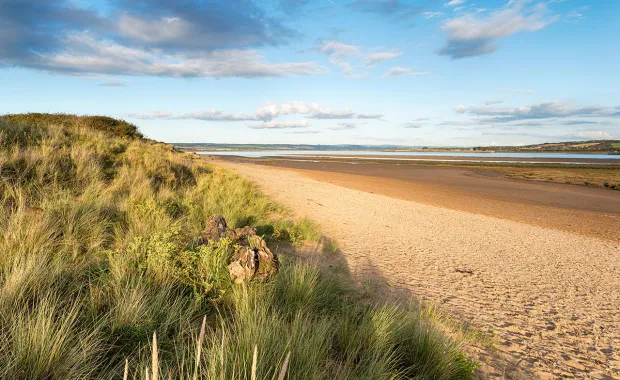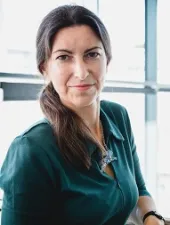We use our own and third-party cookies to provide a smooth and secure website. Some are necessary for our website to function and are set by default. Others are optional and are only set with your consent to enhance your browsing experience. You may accept all, none, or some of these optional cookies.
In partnership with Ordnance Survey, we have developed an initiative designed to remotely detect sewage overspill events from space. The project will utilise a newly created artificial intelligence (AI) model that can predict with high levels of accuracy the conditions most often associated with pollution events.
This is the latest project undertaken by our Sustainability Exploration Environmental Data Science (SEEDS) programme, a research initiative designed to challenge the thinking and practice around sustainability in partnership with academia, launched with the United Nations last year.
As part of the SEEDS programme, CGI and OS has conducted preliminary research to see if earth observation could be a potential solution for the problem of sewage spill detection. As part of second phase the project will provide a proactive approach to environmental management and nature protection in the North Devon UNESCO Biosphere reserve. The biosphere covers 55 square miles and is centred on Braunton Burrows, the largest sand dune system in England.









